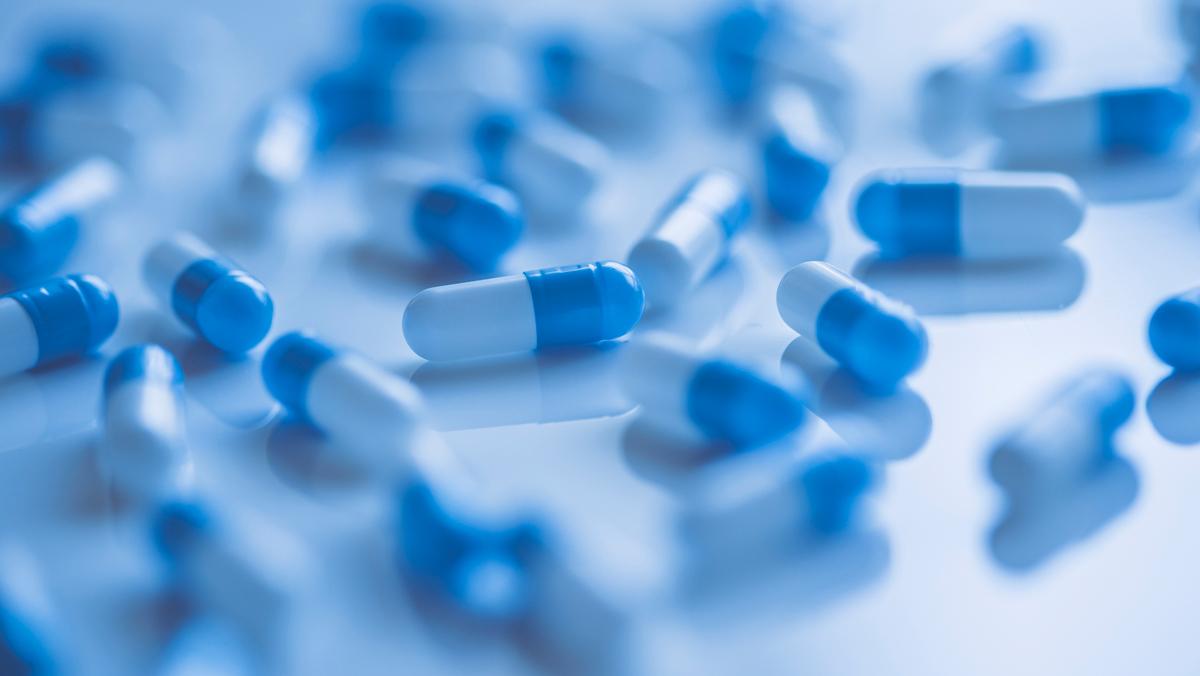UK High Court bars generics trade body from VPAS talks

An attempt by the British Generic Manufacturers Association (BGMA) to get a seat at the negotiation table for the new Voluntary Scheme for Branded Medicines Pricing and Access (VPAS) has been knocked back.
The BGMA filed a legal challenge earlier this year in an attempt to force the Secretary of State for Health and Social Care to give it a voice, arguing that four out of 10 products in the current VPAS scheme are actually branded generics or biosimilars.
Companies across the branded and generic product spectrum have been protesting steep increases in the VPAS rebate rate, which is currently running at 26.5% and, if unchanged, will result in revenue clawbacks of £3.3 billion this year, up from £0.6 billion in 2021, according to estimates by branded drug organisation the Association of the British Pharmaceutical Industry (ABPI).
The current VPAS expires this year, and negotiations are underway between the ABPI and DHSC for a new five-year deal that the pharma industry hopes will introduce a correction to the rebate rate, which has rocketed from a level of around 7% before the pandemic.
The BGMA argued in a judicial review that it should have a say as all biosimilars, as well as a proportion of the generics market, fall into the scheme, and for reasons often tied to regulatory compliance they are required to have a brand and pay the VPAS rebate rate as well.
However, the decision handed down by the Royal Courts of Justice has concluded that it is up to the Secretary of State to decide with whom to negotiate. It would also be difficult to arrive at a model for VPAS governance that would satisfy both the ABPI and BGMA, according to the judgment.
In a statement, BGMA chief executive Mark Samuels said the decision was “extremely disappointing”. Biosimilars and branded generics by their nature already face competition, which reduces their cost to the NHS by typically up to 80% below the originator price, and layering in VPAS rebates is “not sustainable” and could see products being removed from sale.
Last month, Celltrion said it was planning to withdraw a biosimilar of Roche’s breast cancer therapy Herceptin (trastuzumab) from the UK market as a result of the VPAS forcing it to pay a rebate that it said rendered the product commercially unviable.
“Over the past 10 years, VPAS has created a system which has treated on- and off-patent medicines in the same way, despite their supply being driven by different business models, cost pressures, and market dynamics,” said Samuels.
The BGMA claims on-patent medicine sales growth was 18% per year over the first four years of the current VPAS cycle, while for off-patent medicines it was just 2%, with VPAS rebates meaning that “manufacturers have on average not been able to grow at all in recent years.”
Overall, that means “one part of the pharmaceutical industry is disproportionately paying for growth in another part of the industry,” he asserted.
The ABPI'S chief executive, Richard Torbett, noted that the trade organisation has acted as the representative industry body for negotiations on voluntary schemes for more than 60 years, “a responsibility we take extremely seriously […] and one which has been reaffirmed.”
“While we were disappointed that the BGMA decided to take this action, we recognise their decision was driven by the extreme challenge placed on all parts of the industry from the surge in the branded medicine payment rates,” he said.
“The solution to these problems must be a completely new and sustainable approach to medicines provision in the UK, which rapidly brings industry revenue payments in line with comparator countries to unlock investment and growth.”













